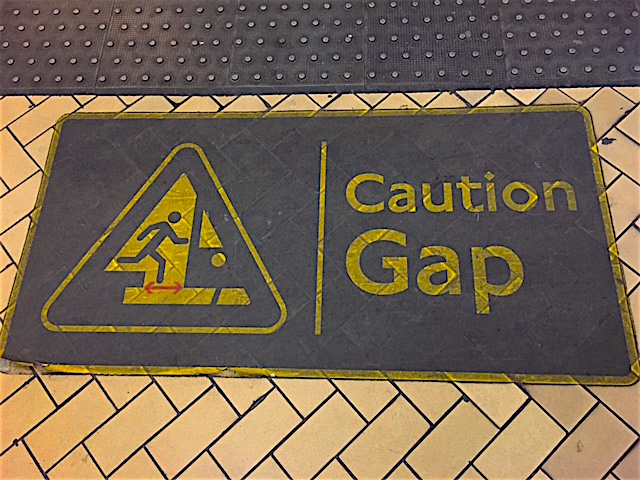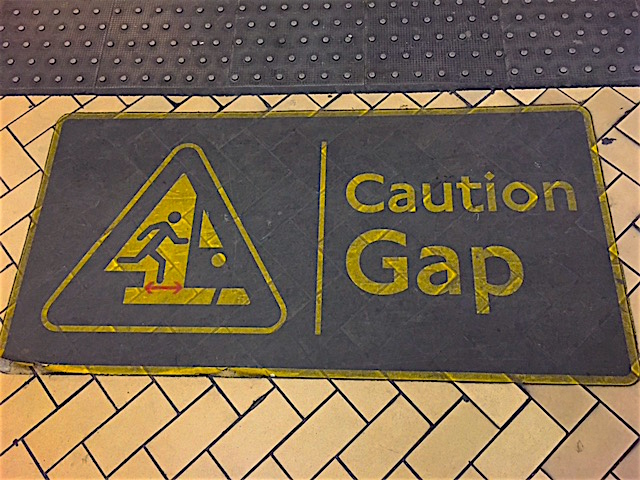Why the lack of financial inclusion and access to traditional banking forces legitimate businesses to consider questionable alternatives and the associated risks – a case study on Cannabis Banking and its parallels with blockchain technology.
Financial Inclusion and Blockchain Technology
Access to the traditional banking services can be quite a challenge many start-ups will be able to tell you. From being costly to outright impossible in the case of companies working with blockchain technology as we described before. Financial institutions across in Germany or the Netherlands are reluctant to work with firms dealing in the crypto space and the French central bank even published a report earlier this year that contained the proposal to ban insurance companies, banks and trust companies from taking part in deposits and loans in crypto-assets. However, something as simple getting a bank account is a crucial aspect for a company and without it, it can easily mean an early death to any business endeavour. As a consequence, organisations are forced to explore alternatives as theFT wrote that “British banks are shunning companies that handle cryptocurrencies, forcing many to open accounts in Gibraltar, Poland and Bulgaria and prompting some to question the UK’s ambitions to be a global hub for the fast-growing fintech sector”. This is particularly interesting considering that the UK tries to picture itself as an innovation hub but it isn’t an isolated case. Singapore is equally ambitious to attract FinTech business, but when banks in Singapore closed accounts of several companies providing cryptocurrency and payments services, it cause widespread disbelief since Singapore had pledged to support blockchain technology and innovation.
Looking at it from the perspective of banks though their reluctance is understandable. After all, cryptocurrencies are frequently associated with criminal activities like fraud or money laundering, so rather than risk their reputation they stay clear of the entire industry all together. Obviously, the majority of businesses operating in the field of blockchain technology are absolutely legitimate, but risk nonetheless to suffer the consequences of the sectors tainted reputation. While comprehensive dude diligence should be able to remove all concerns when dealing with genuine companies, banks are unlikely to change their approach unless the business opportunity significantly exceeds the risks associated or the regulatory framework provides a playing field financial institutions would be more comfortable in.
Cannabis Banking
Without getting into an argument about regulation of blockchain technology, lack of access to the financial system is a serious issue that exists in many other areas and causes serious issues. An equally interesting case that touches on similar problems is the cannabis industry: Canada recently has become only the second nation to fully legalise recreational cannabis (Uruguay has been the first and not the Netherlands as you may have guessed – though the Dutch have decriminalised it). However, south of the border, things are different: commercial cannabis activity remains a federal crime, which in turn means that the Bank Secrecy Act (BSA) prohibits banks from accepting money from these business. That means that even in U.S. states that are more liberal these companies can operate only with cash. The Financial Crimes Enforcement Network (“FinCEN”) aimed to tackle the issue by publishing guidance that outlined for financial institutions seeking to provide services to marijuana-related businesses. Following a number of state initiatives to legalize certain marijuana-related activity, the FinCEN guidance clarified how financial institutions can provide services to marijuana-related businesses consistent with their BSA obligations, and aligns the information provided by financial institutions in BSA reports with federal and state law enforcement priorities. The objective was to enhance the availability of financial services for marijuana-related businesses while at the same time increase the financial transparency.
Given the resulting regulatory obligations for banks when dealing with these kind of firms – for instance the need to file Suspicious Activity Reports for AML purposes or develop a comprehensive understanding of the licencing requirements and business process of the sector – financial institutions are understandably reluctant to deal with them.
This has led to the thriving business of offering “Marijuana Banking”. Criminals have discovered the activity of offering bank accounts through shell companies through which they funnel the money from legal marijuana-related businesses – naturally for a hefty fee and the risk that these funds somehow may “disappear” entirely. Surely, this wasn’t what FinCen had in mind when the guidance was published but the regulatory reality differs as ever so often from the good intentions of lawmakers.
Going all in
It is also another fine example underlining the importance of regulators setting the table properly – to stay with the cannabis example either legalise it and provide an appropriate legal and business framework or not touch it at all. Going merely half way only creates a dangerous vacuum. This is not the place to discuss the question of cannabis legalisation. This post is only intended to stress the need move innovative activities out of the shadows of the financial system and make sure that criminals cannot benefit from the disparity between innovation and lawmakers keeping pace.


